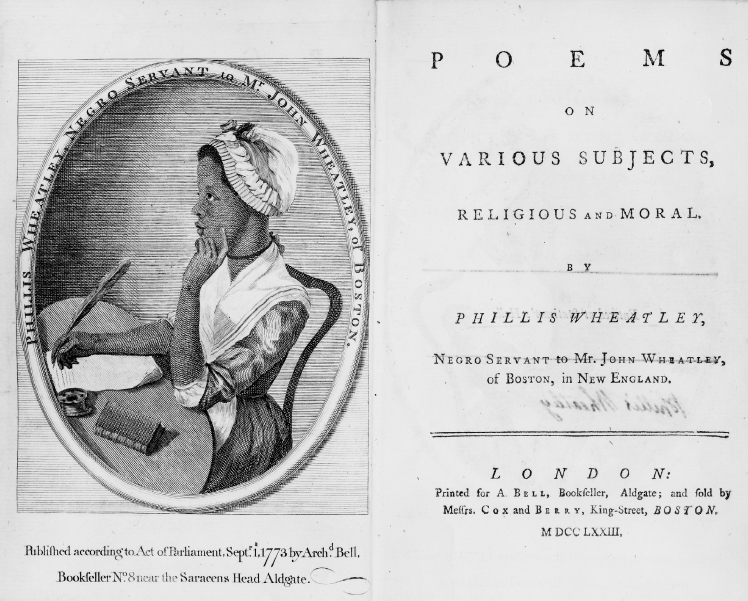Exploring American Histories: Printed Page 173
Exploring American Histories, Value Edition: Printed Page 148
Patriots Gain Critical Assistance

Despite significant victories in the fall of 1777, the following winter proved especially difficult for Continental forces. The quarters at Valley Forge were again marked by bitter cold, poor food, inadequate clothing, and scarce supplies. Discipline deteriorated, and many recent recruits were poorly trained. Critical assistance arrived through the voluntary efforts of Baron Friedrich von Steuben, a Prussian officer recruited by Benjamin Franklin, who took charge of drilling soldiers. Other officers experienced in European warfare also joined the patriot cause during the winter of 1777–1778: the Marquis de Lafayette of France, Johann Baron de Kalb of Bavaria, and Thaddeus Kosciusko and Casimir Count Pulaski, both of Poland. The Continental Army continued to be plagued by problems of recruitment, discipline, wages, and supplies. But the contributions of Steuben, Lafayette, and other foreign volunteers, along with the leadership of Washington and his officers, sustained the military effort.
Patriots on the home front were also plagued by problems in 1777–1778. Families living in battlefield areas were especially vulnerable to the shifting fortunes of war. When British troops captured Philadelphia in the fall of 1777, a British officer commandeered the house of Elizabeth Drinker, a well-to-do Quaker matron. An angry Drinker reported that the officer moved in with “3 Horses 2 Cows 2 Sheep and 3 Turkeys” along with “3 Servants 2 White Men and one Negro Boy.” Meanwhile women who lived far from the conflict were forced to fend for themselves as soldiers moved wherever the Continental Army took them. The wives of political leaders also faced long years alone while their husbands remained at their posts. To hasten the end, many women formed voluntary associations, like the Ladies Association of Philadelphia, to provide critical resources for the army and thus aid the patriot cause. See Document Project 6: Women in the Revolution.
While most women worked tirelessly on the home front, some cast their fate with the army. Camp followers continued to provide critical services to the military, including cooking, washing, sewing, and nursing. They suffered along with the troops in the face of scarce supplies and harsh weather and depended like the soldiers on food, clothing, and bedding supplied by female volunteers in Philadelphia, Boston, Baltimore, and other cities.
Women with sufficient courage and resources served as spies and couriers for British and Continental forces. Lydia Darragh, a wealthy Philadelphian, eavesdropped on conversations among the British officers who occupied her house and then carried detailed notes to Washington hidden in the folds of her dress. Some women, like Nancy Hart Morgan of Georgia, took more direct action. Morgan protected her backcountry home from half a dozen British soldiers by lull-ing them into a sense of security at dinner, hiding their guns, and shooting two before neighbors came to hang the rest.
Some patriot women took up arms on the battlefield. A few, such as Margaret Corbin, accompanied their husbands to the front lines and were thrust into battle. When her husband was killed in battle at Fort Washington in November 1776, Corbin took his place loading and firing cannons until the fort fell to the British. In addition, a small number of women, like Deborah Sampson, disguised themselves as men and enlisted as soldiers.